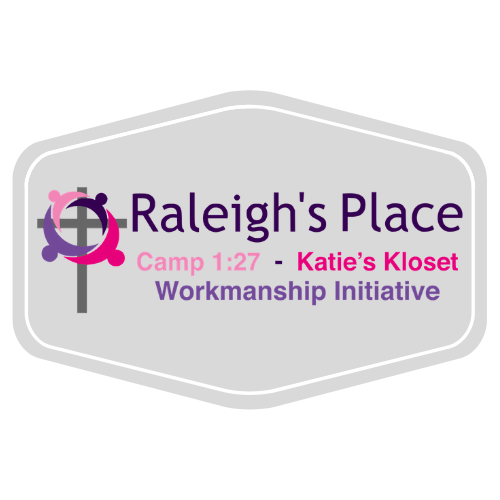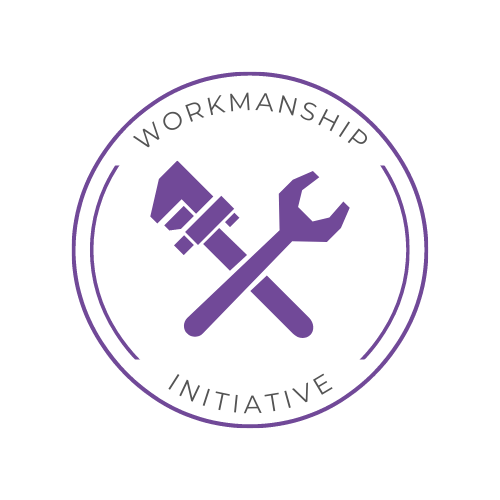For we are his workmanship, created in Christ Jesus for good works, which God prepared beforehand, that we should walk in them.
Ephesians 2:10
The Workmanship Initiative is a program of Raleigh’s Place that specifically targets foster children who are aging out of care or who have already transitioned into early adulthood. The odds of success for these young men and women are extremely low. Furthermore a quick glance at some important statistics show a glowing disparity between children aging out of care and “average” children their age who do not share a similar life experience.
The Numbers
According to the National Conference of State Legislatures, Youth Aging Out of Care at 18, by the Numbers:
- 1-in-5 was homeless. 36 percent of youth had been homeless at least once by age 26. Consequently close to half of those youth had been homeless more than once. Nearly 75 percent had been homeless four or more times.
- Only 58 percent graduated high school by 19 (compared with 87 percent of all 19-year olds). One-fifth of 26-year-old’s did not have a high school diploma or GED. Only 8 percent of these young adults had earned a postsecondary degree.
- Only 46 percent of youth in the same study were employed. $13,989 was the average income earned at age 26. [compared to $32,312 for youth in the general population]
- 1 in 4 were involved in the criminal justice system within 2 years of leaving care.
- 30 percent of 21-year-old former foster youth reported criminal justice system involvement.
- By age 26, the majority of young women and four-fifths of young men in the study were arrested. Nearly one-third of those young women and almost two-thirds of the young men had spent at least one night in jail since they were 18 years old.
- Nearly 80 percent of young women became pregnant by age 26. [compared with 55 percent of young women in the general population]
In Alabama alone, the numbers are not much better. By age 21, 18% of Alabama’s emancipated youth have experienced homelessness. 58% have completed a high school diploma or GED. 55% are currently working part-time or full-time jobs. 29% were incarcerated. 26% of young women have given birth to a child. These children lack the stability, guidance, and training necessary to become successful adults.
Our Purpose
The Workmanship Initiative exists to tear down barriers that prevent foster youth from thriving as adults. We want to prevent homelessness, educate foster youth, help prepare them for the workforce, keep them out of the criminal justice system and off the street, and teach them risk management as to avoid substance abuse and early pregnancy. We will do this by focusing on four primary areas: Education, Life Skills Training, Job Training, and Job Placement.
Addressing the Issues
The Workmanship Initiative is being implemented in two ways. First, we partnered with Chilton County Department of Human Resources to lead their Independent Living Program. This partnership includes a Life Skills Curriculum presented to foster youth twice monthly, covering topics like educational options, career development, financial literacy, and home management.
The second way we offer this program is through our Transitional Living Apartments. These apartments will serve as a safe place for residents to live while they learn and grow into self-sufficient adults. Residents will receive several services including case management, life skill training, workforce development, career counseling, and much more. At a minimum, residents have a roof over their heads until they are prepared to live on their own. Our hope, however, is that lives are radically transformed.

